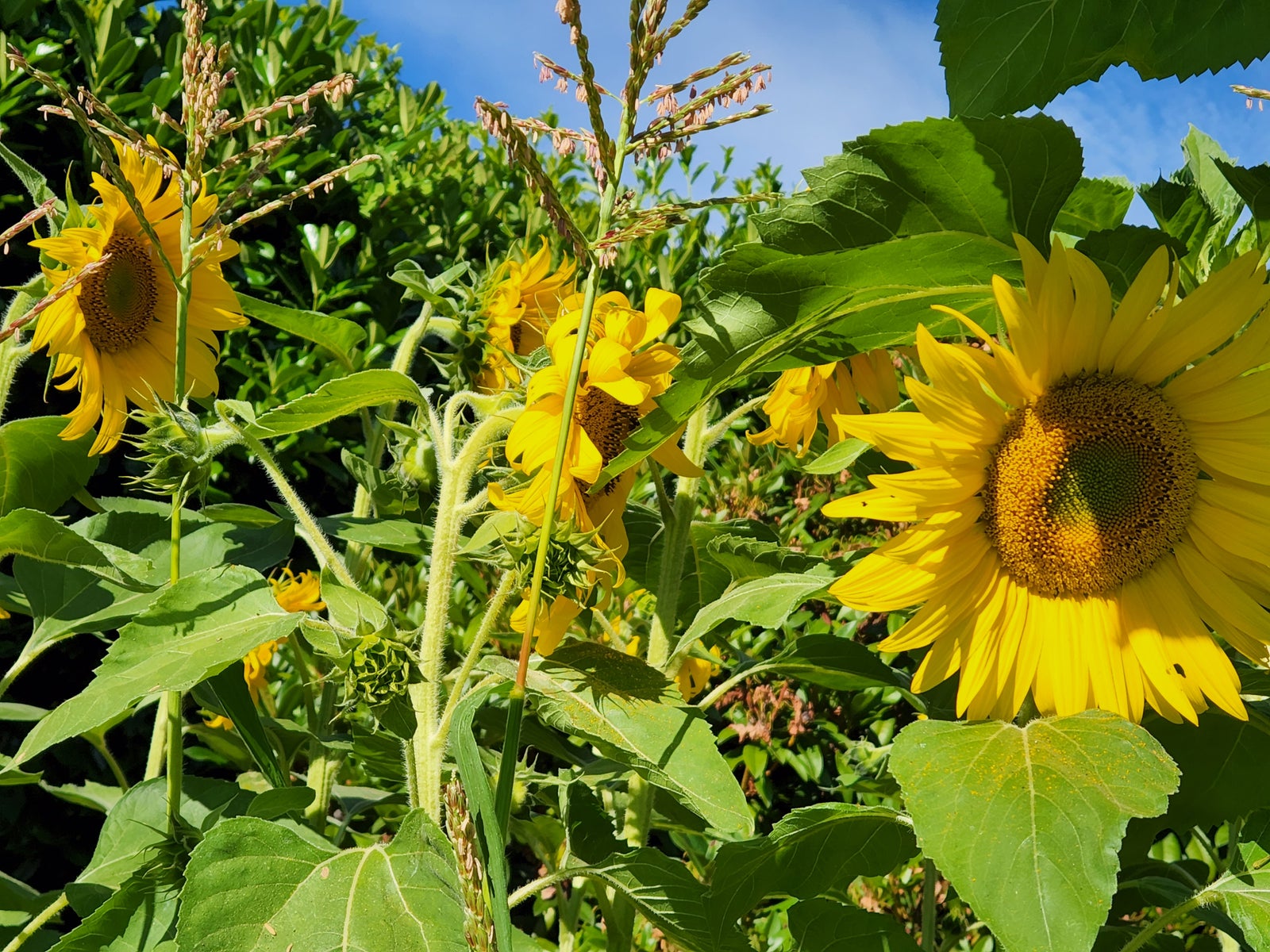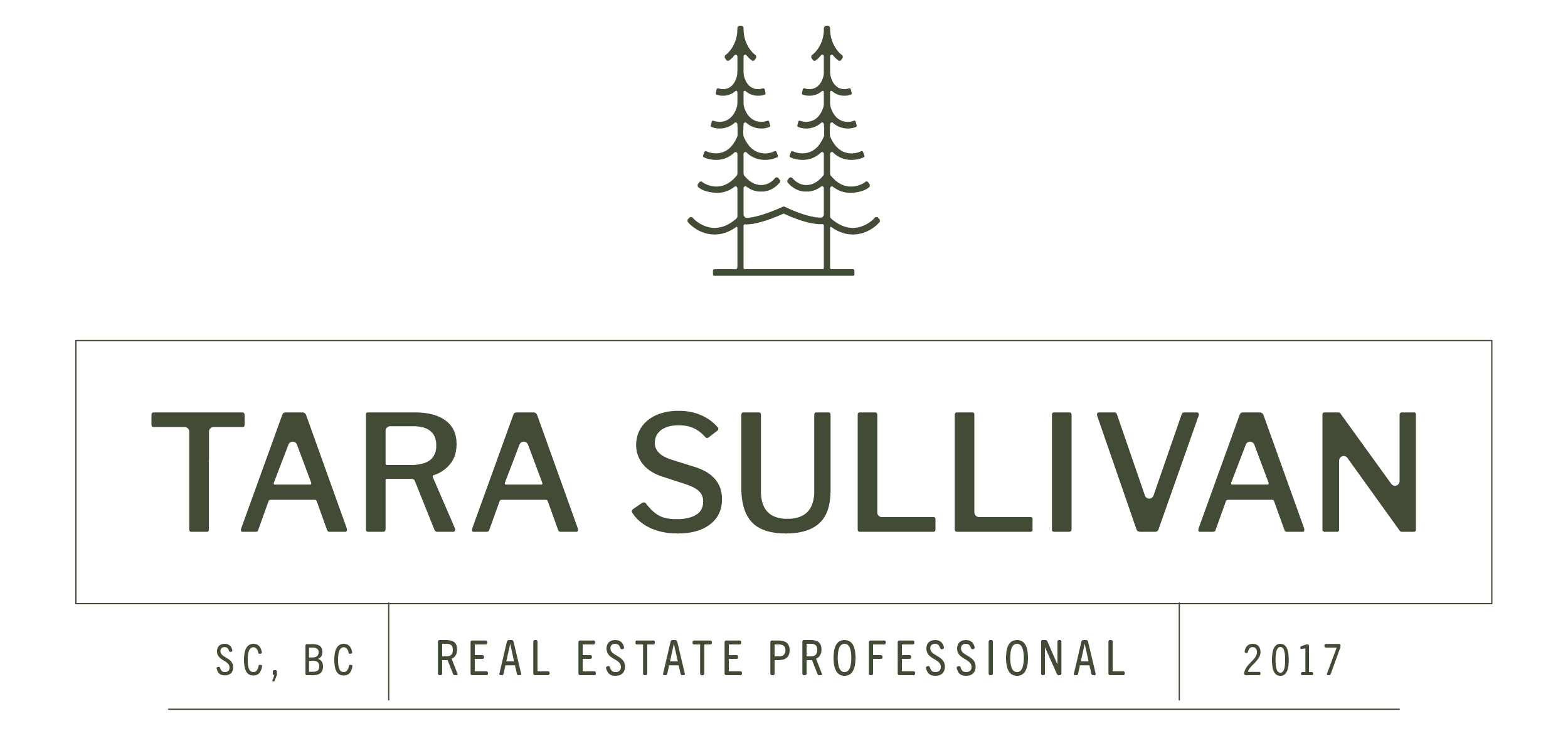
EASY, SUSTAINABLE SWAPS FOR A GREENER HOME
In 2019, my husband and I became more self-sustainable by growing our food. For this purpose, we purchased a property with enough space to cultivate a substantial amount of produce. I had not had the opportunity to work on a garden for a long time since the last time was when my daughter was in elementary school in Halfmoon Bay, BC. I am grateful to have a more extensive garden, allowing me to explore self-sustainability and the ecosystem around us.
Our first project was to create a backyard compost to improve the health and structure of our soil by adding organic matter. Composting non-processed kitchen scraps and yard/garden waste at home is an environmentally friendly way to reduce landfill waste, avoid harmful pesticides and fertilizers, and attract beneficial organisms, pollinators, and other insects to the soil. It also helps prevent soil erosion. This fall, I collected three large garbage pails of dark, organic, worm-filled soil that I will use in the spring to improve my garden boxes and create new ones. I discovered a fantastic company on Vancouver Island called Speedibin Composter, which offers several options. I went with the corrugated galvanized sheet metal and red cedar, and I love it! I have been using it for about three years, and it has been the best investment - no pest issues either! If you want to get one for yourself, here is the link. They are super friendly and can ship! Speedibin Composter. https://speedibin.com/products/scholar-composter
It is essential to use bearproof bins, but I have never faced any issues with my Speedibin. The key to keeping pests away is to layer your fresh green waste with garden clippings, lawn clippings and dried bits of wood-like branches. Keep it layered, turn it now and then, and only add raw fruit and vegetable scraps, coffee grounds, tea leaves, and eggshells. Do not add cooked food, dairy or meat to the bin, as they can go into your municipal green waste bin, which is picked up weekly and processed at Salish Soils.
Since gardening, I have built six raised garden beds using leftover materials from old doors, wood framing, and glass windows. I have also created ample space for my raspberry patch, and this summer, I purchased three apple trees from Salt Spring Island Apple Company, which has about 350 varieties of apple trees. I am excited to start eating and storing my fruit!
Habitat For Humanity Sunshine Coast Restore in Sechelt, BC, is an excellent resource for used items to start building your containers if you don't have any available materials at home. Starting a garden may take some time, but don't give up. Start small and find a rhythm that works for you. I planted more tomatoes, cucumbers, beans, peas, and herbs this year. In addition, I am growing medicinal plants like yarrow, feverfew, motherwort and mullein. I also planted lavender, chives, mint, thyme, calendula (still blooming in January), and rosemary to support my favourite pollinators and bees. Lastly, I have a strawberry patch that I am looking forward to picking from next summer.
Rain barrels are another great addition to any garden, big or small. Recently, we purchased rain barrels to save water and money and remember, you can use anything to collect water; it doesn't have to be fancy! Rainwater contains more nutrients, such as nitrogen, that plants need, which tap water cannot provide. Why pay for water when it falls from the sky for free? I am excited to add this new feature to our garden.
If you have any questions about buying or selling a property on the Sunshine Coast, BC, or nurturing your green thumb, please feel free to contact me.



